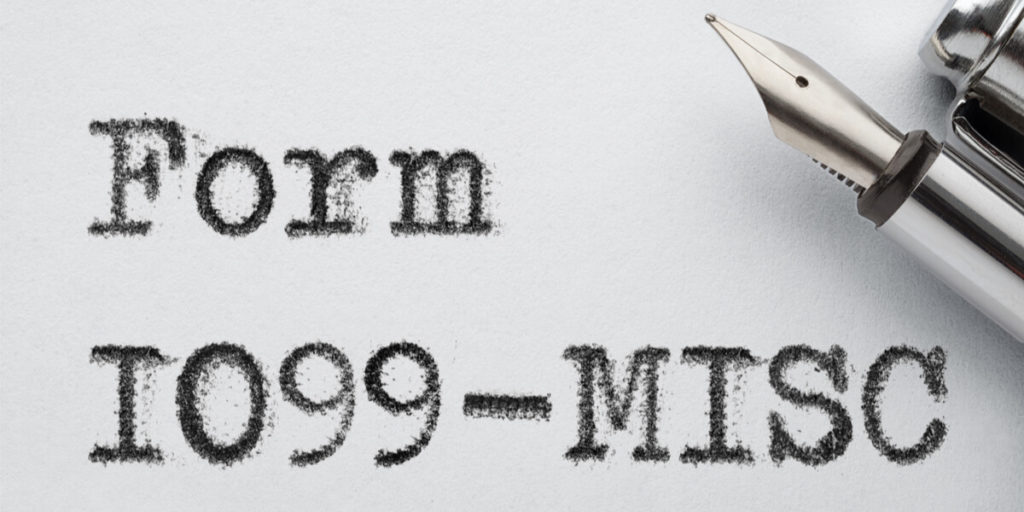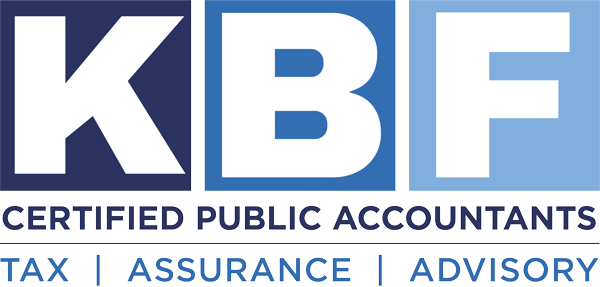IRS Form 1099-MISC & 1099-NEC—A New Filing Requirement for Independent Contractor Payments

Form 1099-NEC Basics
Employers must use Form 1099-NEC to report non-employee compensation if the payment (1) was made to a non-employee; (2) was made for services provided in the ordinary course of business; (3) was made to an individual, partnership, or LLC; and (4) exceeded $600 during the year. If the independent contractor is registered as a C corporation or S Corporation, then a 1099-NEC is not required.
If the taxpayer hired an independent contractor during the year that meets the above criteria, then the taxpayer is required to fill out two copies of Form 1099-NEC (Copy A and Copy B) for every independent contractor. Copy A will be filed with the IRS and Copy B will be sent to the independent contractor. The independent contractor will use Copy B to report earnings on Schedule C of their individual return.
The due date for Form 1099-MISC and Copy A of Form 1099-NEC is January 31 in the year following the year the payments were made. If January 31 does not fall on a business day, then the due date is moved to the next business day. For example, the due date in 2021 will be February 1 because January 31 falls on a Sunday. If the taxpayer misses the deadline, penalties may be assessed based on when the taxpayer files the 1099 forms in relation to the original due date ($50 for the first 30 days; $100 for more than 30 days but before August 1; $260 if after August 1). Copy B of Form 1099-NEC can be emailed to the independent contractor with their consent. Additionally, Copy B should be provided to the independent contractor by January 31.
Most states also require Form 1099s to be filed with the state. The new Form 1099-NEC will not be included in the IRS/state information sharing program, so it must be separately reported and filed with most states. Alaska, Florida, Illinois, Nevada, New Hampshire, New York, South Dakota, Tennessee, Texas, Washington, and Wyoming do not require an additional filing. Although the new Form 1099-NEC does not substantively change a taxpayer’s payment obligation, taxpayers should be aware of the new filing requirements to avoid any penalties.
